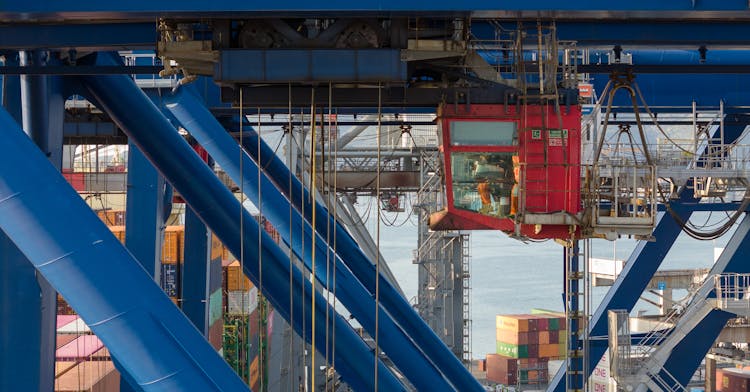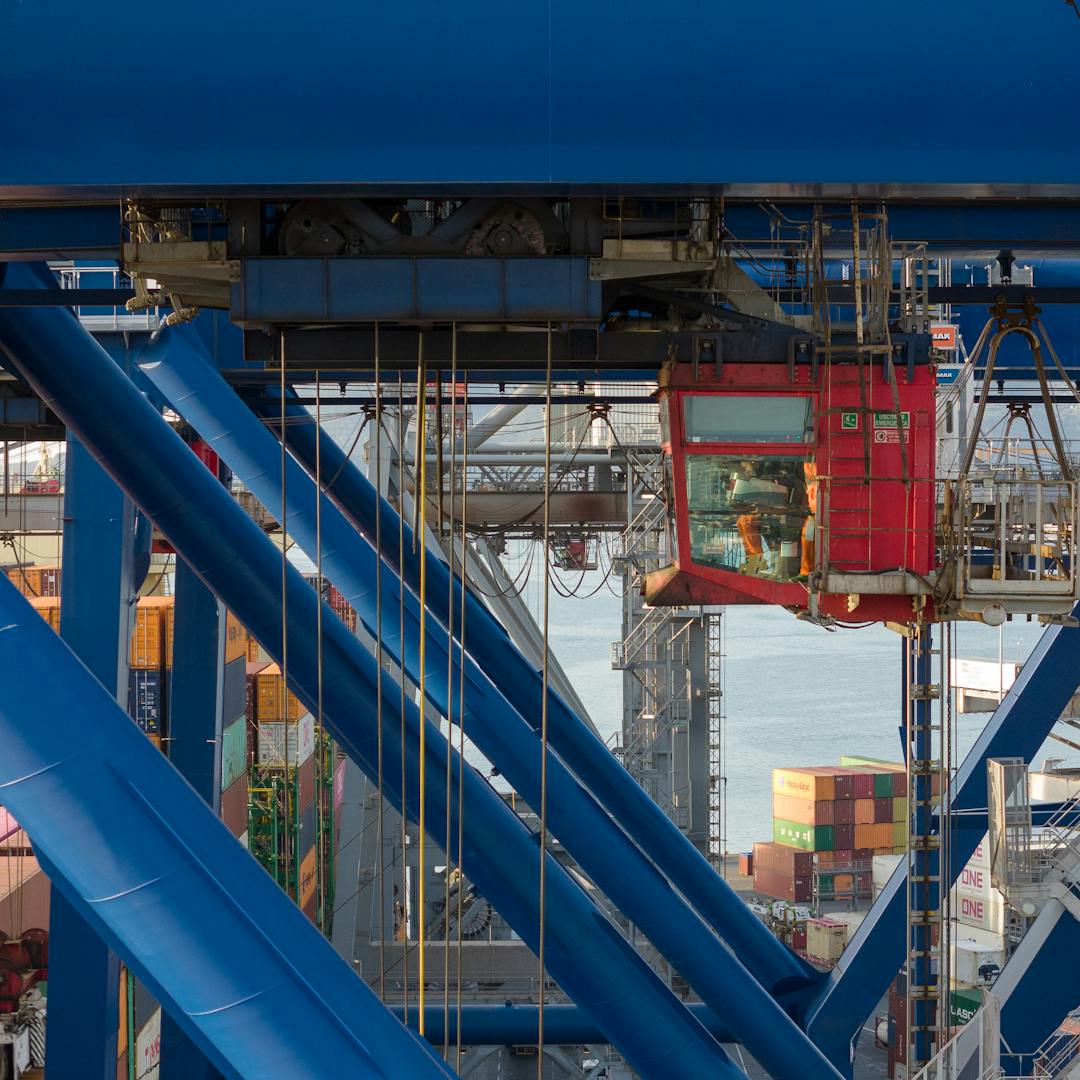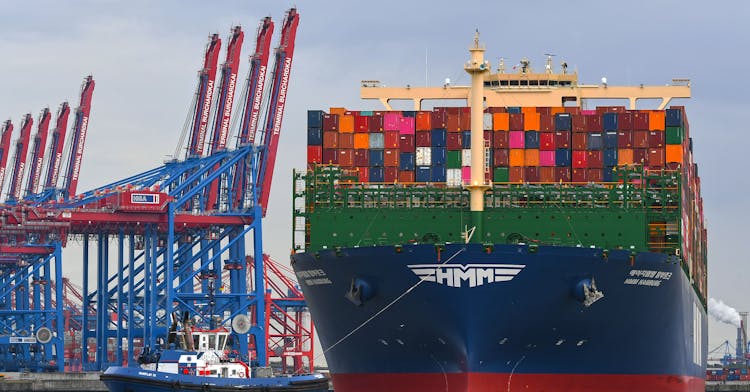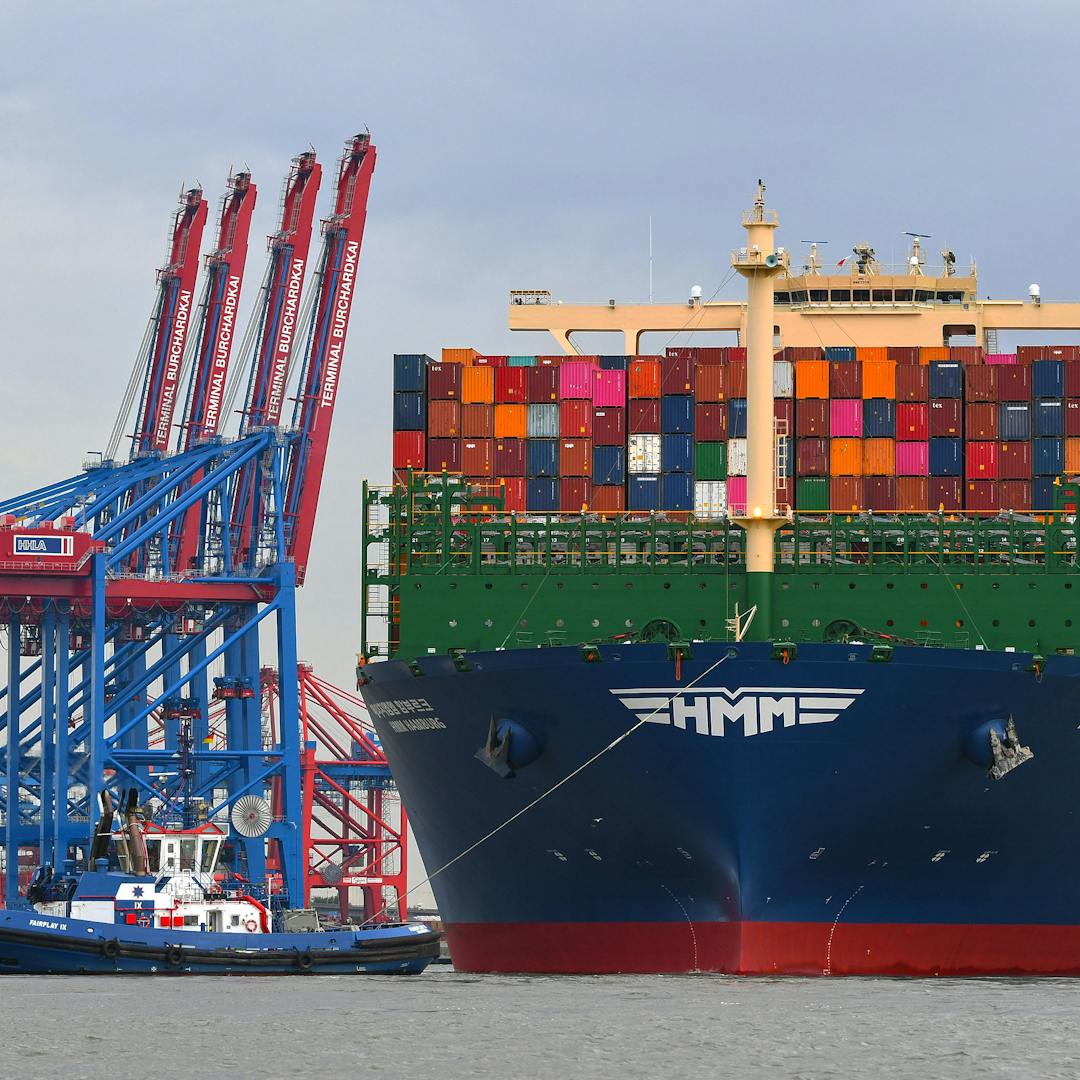CMA CGM streamlines client onboarding and communication
- Company: CMA CGM
- Company type: Carrier
- Website: cma-cgm.com
- API portal: api-portal.cma-cgm.com
Challenge
Reducing the time, cost and inconvenience of making partner connections “Standardization helps a lot with integration in the shipping industry. Now, discussions with partners around the data and the model we provide are simpler and clearer for everyone.” Rabab Hayek, product owner, CMA CGM A smoothly running supply chain relies on timely, accurate data exchange. The status of shipments must be shared and updated across a number of stakeholders including shippers, carriers and freight forwarders. If these organizations use different platforms, standards and ways of sending and receiving information, establishing channels of communication is costly and time consuming. CMA CGM is familiar with the shortcomings of communication models and platforms that don’t adhere to industry standards. Romain Genoulaz, API factory lead at CMA CGM, explains: “We wanted to be able to onboard and start working with partners faster. We had to reduce the time it took to set up and test digital partner connections. EDI has been used for decades in our industry, but it also implies implementing specific interfaces for each client, which is time consuming and resource intensive.” Each time CMA CGM had to integrate a new partner, the bespoke nature of each implementation made for slow time to market. There were also costs involved in supporting clients while they implemented the interface. “We had to support clients in understanding the data mapping and explain the approach, because it was our own unique approach,” says Rabab Hayek, product owner at CMA CGM. “By switching to the DCSA Track & Trace Standard, we were able to create a standardized implementation process that could be easily replicated across our partners and also by our partners.”Standard
DCSA Track & Trace standard and API definition The DCSA Track & Trace standard enables seamless digital data exchange across the end-to-end supply chain. Once implemented, customers and supply chain participants can digitally communicate with all carriers in a unified way using data that is harmonized across shipping terminology, processes and event definitions. The DCSA Track & Trace API enables data to be exchanged in real-time, on demand, using a REST API or an event-based mechanism clients can subscribe to. “With the DCSA standards-based API – which is open and free for every stakeholder to use – we are now able to provide real-time communication of information to our partners when and how they want it,” says Romain. “It also reduces the cost of providing this information because we just have to set them up. We don’t have to do any specific data mapping, because the format is already well known, documented and shared.” CMA CGM implemented the DCSA Track & Trace API in 2021, upgrading its implementation to version 2.1 later that year. In early 2022, CMA CGM implemented the standard for its international forwarding and logistics provider client, Gondrand. M. Olivier Haccoun at Gondrand, says: “We came to know the DCSA standard thanks to the documentation provided to us by CMA CGM, including DCSA’s website and guidelines. This turns out to be a very valuable tool, and very well done. This system, which is open, will allow us to more easily adapt the events of companies that adhere to this standard.”Results
Fast and cost-effective client onboarding improves time to market By switching to the DCSA standards-based Track & Trace API, CMA CGM has improved reusability of this critical interface, thanks to standardized integrations in place of bespoke implementations. This has reduced the costs involved in setting up partners as well as the cost of support. Implementations are simpler and, because the standard is reusable across partners, CMA CGM benefits from the economy of scale that comes from a common way of working. For CMA CGM’s clients, standardized Track & Trace provides consistency and convenience for a streamlined global approach to sharing shipping information. “Clients are able to reuse the interface they build across all carriers,” explains Romain. “That is more efficient for them, and it can also help them eliminate intermediary integration platforms and eventually reduce their costs further.” “Standardized track & trace levels the playing field and widens the market because, as the cost and time investment to implement a new partner is reduced, the barrier to entry is lowered for smaller organizations that want to integrate with us. This,” Romain explains, “gives CMA CGM the flexibility to work with more partners easily, whatever their size.”Olivier Haccoun at CMA CGM’s client Gondrand, says: “It allows us to follow our shipments with standardized events common to all players in international transport. This standard allows us to better optimize the automations that we put in place by integrating perfectly into the architecture of the international transport chain. It allows us to achieve quality objectives by instantly sharing the right information with our customers, agents and carriers. It allows us to achieve commercial objectives because it supports the quality of operations and allows us a certain scalability. Finally, it plays a role in HR, because all the automation that we can carry out allows our teams to see their number of emails and phone calls drop, and given the pressures exerted on employees today, comfortable ways of working are always good to implement!” Olivier Haccoun adds: “APIs are tools that can concretely allow companies to catch up without disrupting their technological ecosystem, and all this at a lower cost. This clearly allows an ‘antifragility’¹ of the structures in the sense of N. Taleb.” To find out more about the DCSA standard for Track & Trace, visit our Track & Trace Standard page.¹Antifragile: Things That Gain From Disorder is a book by Nassim Nicholas Taleb published on November 27, 2012, by Random House in the United States and Penguin in the United Kingdom.
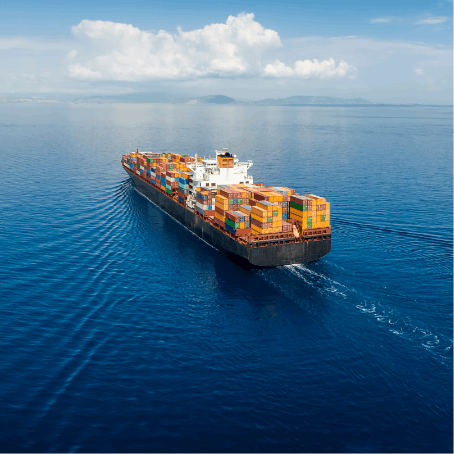
Digitalise the container shipping industry
At DCSA, we envisage a digitally interconnected container shipping industry in which customers have a choice of seamless, easy-to-use services that provide the flexibility to meet their business and sustainability goals.
